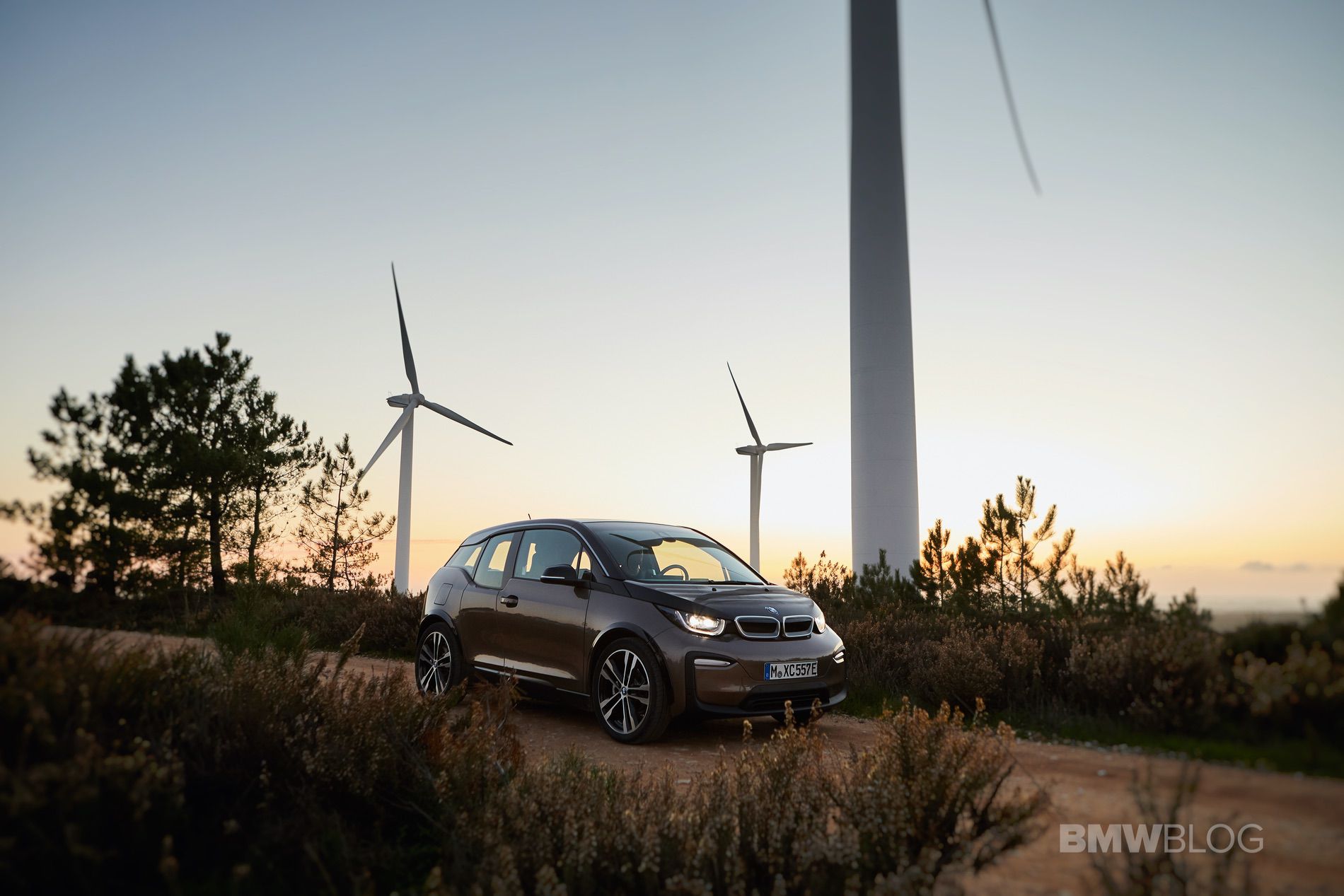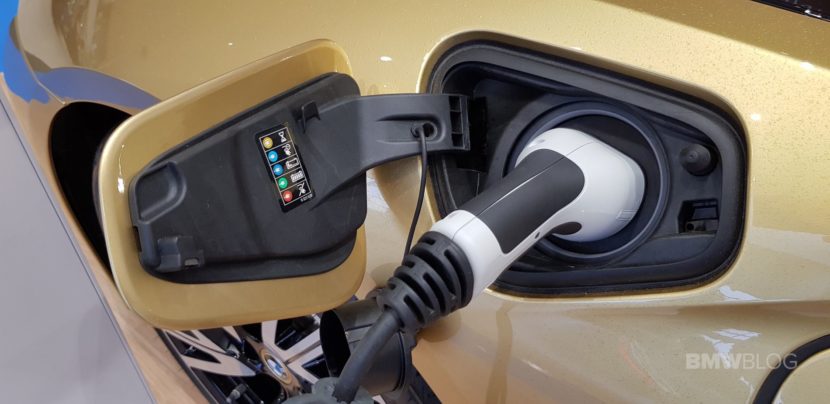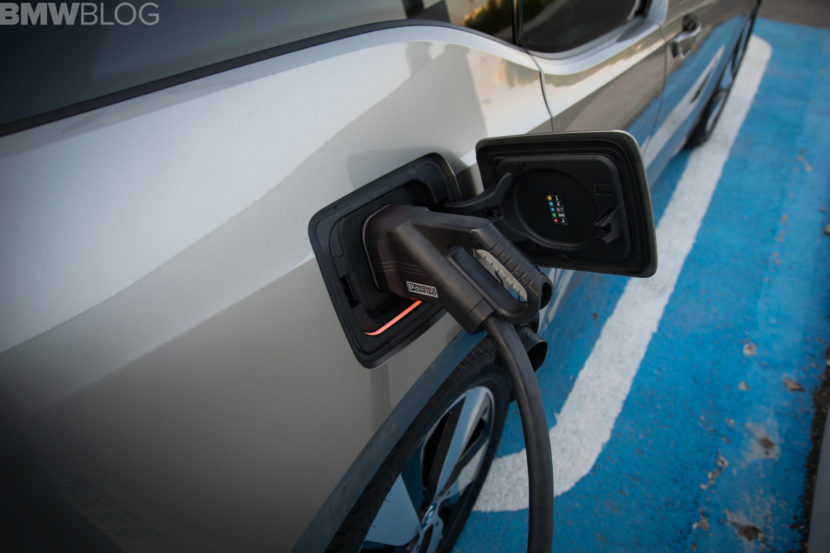Electric cars are great. Let’s be real for a minute and not be petrol-head fanboys. The idea of a car that runs purely on electricity, has the same range as a gasoline or diesel powered car and has equal or better performance is a fantastic one. Not only is it more efficient of a means of transportation but it’s cleaner for the environment. However, if infrastructure doesn’t change, we’re going to reach a point with electric cars where the energy we use to charge them isn’t clean anymore. As EV sales grow and grow and grow, the need for fossil fuel-derived electricity goes up. So some companies are developing ways to create more clean electricity and one UK-based company is using hydrogen.
AFC Energy is based in the UK and has been working on a project called CH2ARGE. It’s been 10 years in the making and the idea is to use hydrogen fuel cells to charge electric cars. So it allows both alternative fuel technologies to work together to make a cleaner future.
According to AFC Energy, “…the UK government has stated that 50% of new car sales will be EVs by 2030 which will see nine million EVs on the road. B y 2040, 100% of new car sales are planned to be EVs leading to the entirety of the UK’s fleet of 36 million cars becoming EVs.”
AFC claims that the UK National Grid estimates an increase in 8-gigawatts will be necessary to fulfill the needs of electric cars by that time. “If one in 10 of the EVs is being recharged simultaneously the UK’s future fleet of 36 million cars would have a peak demand surge of 25. 7 GW based on an average EV battery of 57 kWh. This maximum peak demand equates to approximately half the UK current generational requirement and is the equivalent of 7.9 new nuclear power stations or 17,100 wind turbines.”
In the UK, there are companies working on power-to-gas renewable hydrogen, which is when wind or solar energy is used to split hydrogen from water. This renewable hydrogen could be used to supplement renewable energy to charge electric cars. “The AFC Energy fuel cell can be deployed as part of a “hydrogen battery” scheme. When grid demand is low, excess power generated from renewable sources, such as wind or solar, can be diverted to a water electrolyser for hydrogen generation. The produced hydrogen can then be stored and optimally released to our fuel cells at periods of peak demand (with higher tariffs), to support grid power requirements, when required.” said AFC.
The first car that AFC Energy used to sample this hydrogen-based charging system was a BMW i8 and the brand has been working with BMW i Division cars. So this could end the long debate about which alternative fuel route BMW should go — electric or hybrid. The answer is both.
[Source: Clean Technica]







































































